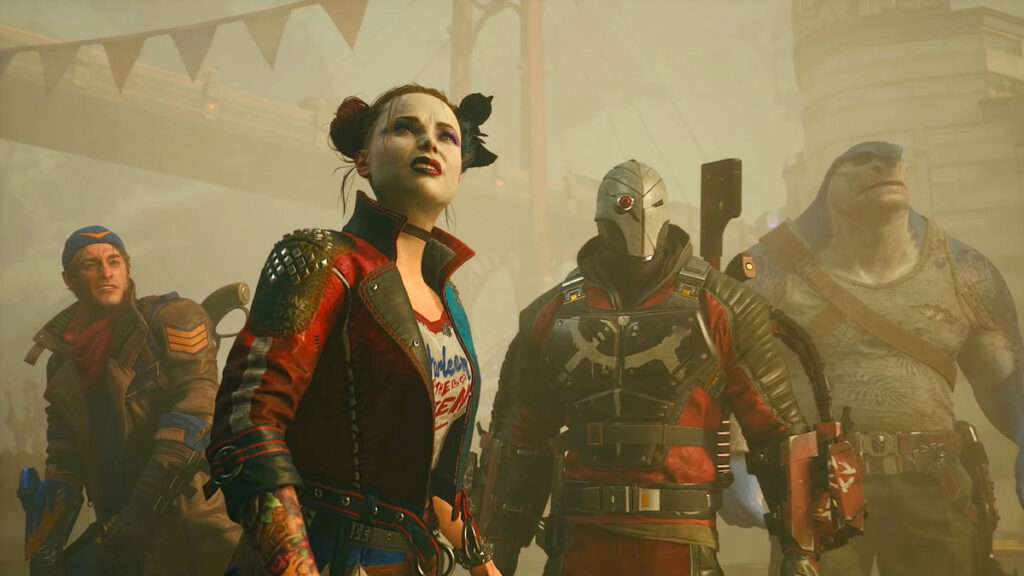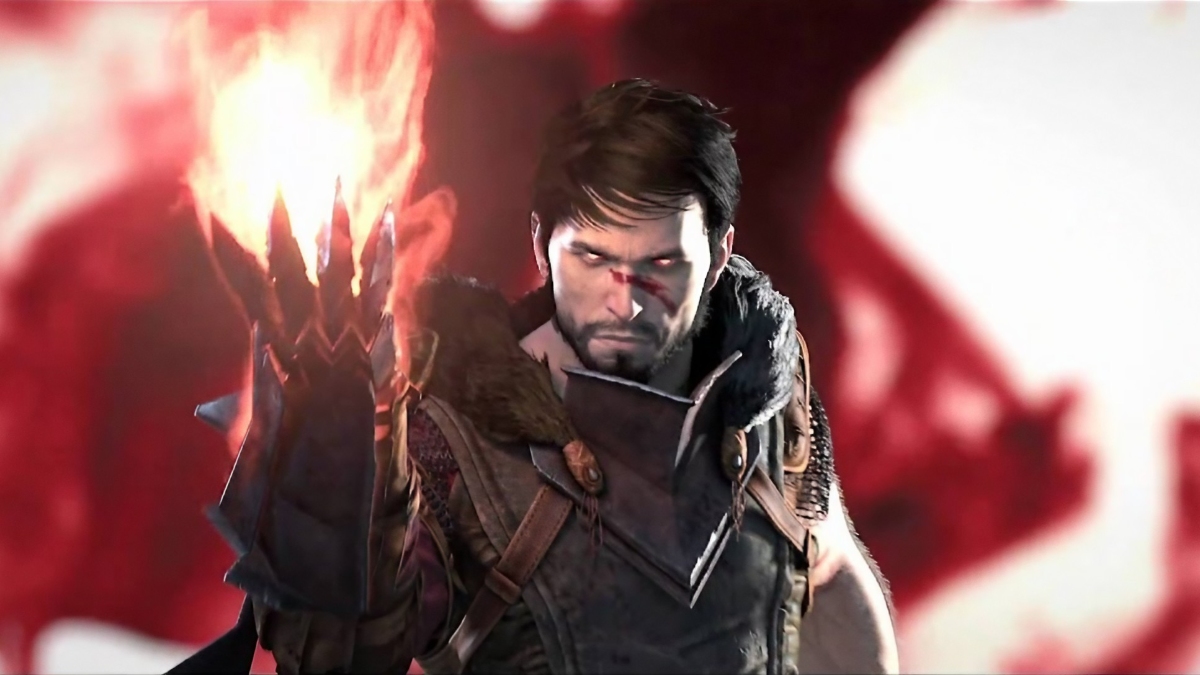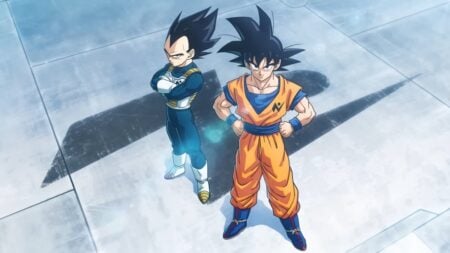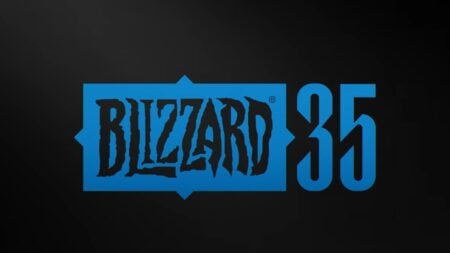After 12 years at the helm of WB Games, president David Haddad has announced his decision to leave the company. According to Variety, he plans to remain in his role for the next three months as the company searches for a successor. On Thursday, David Haddad and JB Perrette, president and CEO of Warner Bros. Discovery Global Streaming and Games, held a town hall meeting to provide more details to the team. Perrette noted that Haddad chose a less demanding period to retire to ensure his departure would not disrupt the company’s productivity.
The company has no intention of selling the WB Games division and is focused solely on finding Haddad’s replacement. His departure comes after a challenging period for the department, marked by the release of games that received poor reviews and sales. The underwhelming performance of Suicide Squad: Kill the Justice League was particularly disappointing, especially following the success of Hogwarts Legacy. Despite this setback, the company remains committed to its strategy of prioritizing live-service games over traditional single-player AAA titles.
Haddad expressed pride in everything the team had accomplished at WB Games during his tenure. “It has been an absolute pleasure working on and building our iconic gaming franchises, and I will continue to be an enthusiastic supporter of this talented team’s future endeavors,” he said.
Fans responded positively to Haddad’s departure, though many had complaints about his leadership. Most people did not appreciate WB Games’ plan to publish numerous live-service games instead of focusing on single-player titles. While they largely blamed Warner Bros. Discovery CEO David Zaslav for this shift, they also believed Haddad played a role.
“Let’s hope they get someone better in,” one Redditor wrote. Many criticized Haddad’s decisions during his tenure, with one fan expressing dissatisfaction over the Nemesis system patent. Others hoped that Zaslav would also retire, allowing someone else to take his place. Some wished that, with Haddad no longer leading WB Games, the company would begin releasing more single-player games instead of focusing on live-service titles.








